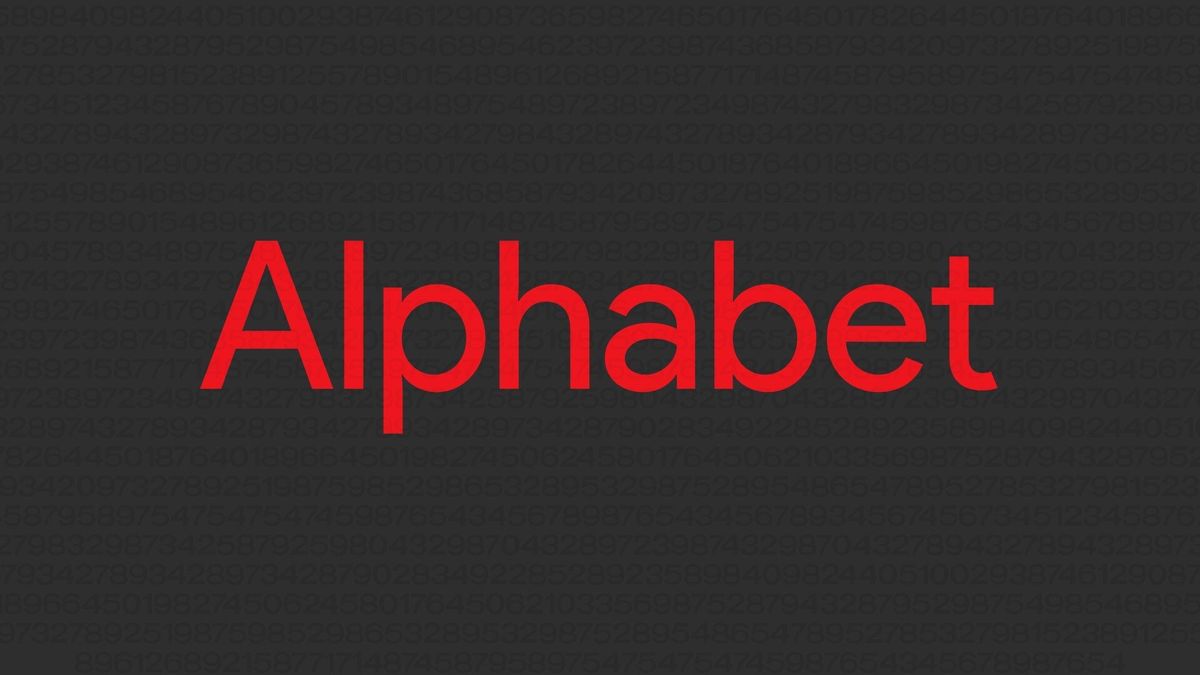At Black Hat 2023, Maria Markstedter, CEO and founding father of Azeria Labs, led a keynote on the way forward for generative AI, the talents wanted from the safety neighborhood within the coming years, and the way malicious actors can break into AI-based functions right this moment.
Soar to:
The generative AI age marks a brand new technological increase
Each Markstedter and Jeff Moss, hacker and founding father of Black Hat, approached the topic with cautious optimism rooted within the technological upheavals of the previous. Moss famous that generative AI is actually performing refined prediction.
“It’s forcing us for financial causes to take all of our issues and switch them into prediction issues,” Moss mentioned. “The extra you possibly can flip your IT issues into prediction issues, the earlier you’ll get a profit from AI, proper? So begin considering of every part you do as a prediction situation.”
Extra must-read AI protection
He additionally briefly touched on mental property considerations, wherein artists or photographers could possibly sue firms that scrape coaching knowledge from authentic work. Genuine data would possibly change into a commodity, Moss mentioned. He imagines a future wherein every individual holds ” … our personal boutique set of genuine, or ought to I say uncorrupted, knowledge … ” that the person can management and probably promote, which has worth as a result of it’s genuine and AI-free.
Not like within the time of the software program increase when the web first turned public, Moss mentioned, regulators are actually shifting rapidly to make structured guidelines for AI.
“We’ve by no means actually seen governments get forward of issues,” he mentioned. “And so this implies, not like the earlier period, we’ve got an opportunity to take part within the rule-making.”
Lots of right this moment’s authorities regulation efforts round AI are in early phases, such because the blueprint for the U.S. AI Invoice of Rights from the Workplace of Science and Know-how.
The huge organizations behind the generative AI arms race, particularly Microsoft, are shifting so quick that the safety neighborhood is hurrying to maintain up, mentioned Markstedter. She in contrast the generative AI increase to the early days of the iPhone, when safety wasn’t built-in, and the jailbreaking neighborhood stored Apple busy progressively arising with extra methods to cease hackers.
“This sparked a wave of safety,” Markstedter mentioned, and companies began seeing the worth of safety enhancements. The identical is going on now with generative AI, not essentially as a result of the entire expertise is new, however as a result of the variety of use instances has massively expanded for the reason that rise of ChatGPT.
“What they [businesses] actually need is autonomous brokers giving them entry to a super-smart workforce that may work all hours of the day with out operating a wage,” Markstedter mentioned. “So our job is to grasp the expertise that’s altering our programs and, in consequence, our threats,” she mentioned.
New expertise comes with new safety vulnerabilities
The primary signal of a cat-and-mouse recreation being performed between public use and safety was when firms banned staff from utilizing ChatGPT, Markstedter mentioned. Organizations wished to make sure staff utilizing the AI chatbot didn’t leak delicate knowledge to an exterior supplier, or have their proprietary data fed into the black field of ChatGPT’s coaching knowledge.
SEE: Some variants of ChatGPT are exhibiting up on the Darkish Internet. (TechRepublic)
“We might cease right here and say, , ‘AI isn’t gonna take off and change into an integral a part of our companies, they’re clearly rejecting it,’” Markstedter mentioned.
Besides companies and enterprise software program distributors didn’t reject it. So, the newly developed marketplace for machine studying as a service on platforms resembling Azure OpenAI must stability fast improvement and traditional safety practices.
Many new vulnerabilities come from the truth that generative AI capabilities could be multimodal, that means they will interpret knowledge from a number of varieties or modalities of content material. One generative AI would possibly have the ability to analyze textual content, video and audio content material on the identical time, for instance. This presents an issue from a safety perspective as a result of the extra autonomous a system turns into, the extra dangers it might probably take.
SEE: Study extra about multimodal fashions and the issues with generative AI scraping copyrighted materials (TechRepublic).
For instance, Adept is engaged on a mannequin known as ACT-1 that may entry internet browsers and any software program device or API on a pc with the purpose, as listed on their web site, of ” … a system that may do something a human can do in entrance of a pc.”
An AI agent resembling ACT-1 requires safety for inner and exterior knowledge. The AI agent would possibly learn incident knowledge as effectively. For instance, an AI agent might obtain malicious code in the middle of making an attempt to unravel a safety downside.
That reminds Markstedter of the work hackers have been doing for the final 10 years to safe third-party entry factors or software-as-a-service functions that join to private knowledge and apps.
“We additionally must rethink our concepts round knowledge safety as a result of mannequin knowledge is knowledge on the finish of the day, and you could defend it simply as a lot as your delicate knowledge,” Markstedter mentioned.
Markstedter identified a July 2023 paper, “(Ab)utilizing Photos and Sounds for Oblique Instruction Injection in Multi-Modal LLMs,” wherein researchers decided they might trick a mannequin into deciphering an image of an audio file that appears innocent to human eyes and ears, however injects malicious directions into code an AI would possibly then entry.
Malicious photographs like this may very well be despatched by e mail or embedded on web sites.
“So now that we’ve got spent a few years instructing customers to not click on on issues and attachments in phishing emails, we now have to fret in regards to the AI agent being exploited by robotically processing malicious e mail attachments,” Markstedter mentioned. “Information infiltration will change into quite trivial with these autonomous brokers as a result of they’ve entry to all of our knowledge and apps.”
One attainable answer is mannequin alignment, wherein an AI is instructed to keep away from actions which may not be aligned with its meant aims. Some assaults goal modal alignment particularly, instructing massive language fashions to bypass their mannequin alignment.
“You may consider these brokers like one other one that believes something they learn on the web and, even worse, does something the web tells it to do,” Markstedter mentioned.
Will AI change safety professionals?
Together with new threats to non-public knowledge, generative AI has additionally spurred worries about the place people match into the workforce. Markstedter mentioned that whereas she will be able to’t predict the long run, generative AI has to date created loads of new challenges the safety trade must be current to unravel.
“AI will considerably improve our market cap as a result of our trade truly grew with each important technological change and can proceed rising,” she mentioned. “And we developed adequate safety options for many of our earlier safety issues attributable to these technological modifications. However with this one, we’re offered with new issues or challenges for which we simply don’t have any options. There’s some huge cash in creating these options.”
Demand for safety researchers who know easy methods to deal with generative AI fashions will improve, she mentioned. That may very well be good or unhealthy for the safety neighborhood basically.
“An AI won’t change you, however safety professionals with AI abilities can,” Markstedter mentioned.
She famous that safety professionals ought to keep watch over developments within the space of “explainable AI,” which helps builders and researchers look into the black field of a generative AI’s coaching knowledge. Safety professionals could be wanted to create reverse engineering instruments to find how the fashions make their determinations.
What’s subsequent for generative AI from a safety perspective?
Generative AI is prone to change into extra highly effective, mentioned each Markstedter and Moss.
“We have to take the opportunity of autonomous AI brokers turning into a actuality inside our enterprises critically,” mentioned Markstedter. “And we have to rethink our ideas of identification and asset administration of really autonomous programs gaining access to our knowledge and our apps, which additionally implies that we have to rethink our ideas round knowledge safety. So we both present that integrating autonomous, all-access brokers is method too dangerous, or we settle for that they change into a actuality and develop options to make them protected to make use of.”
She additionally predicts that on-device AI functions on cellphones will proliferate.
“So that you’re going to listen to so much in regards to the issues of AI,” Moss mentioned. “However I additionally need you to consider the alternatives of AI. Enterprise alternatives. Alternatives for us as professionals to become involved and assist steer the long run.”
Disclaimer: TechRepublic author Karl Greenberg is attending Black Hat 2023 and recorded this keynote; this text is predicated on a transcript of his recording. Barracuda Networks paid for his airfare and lodging for Black Hat 2023.


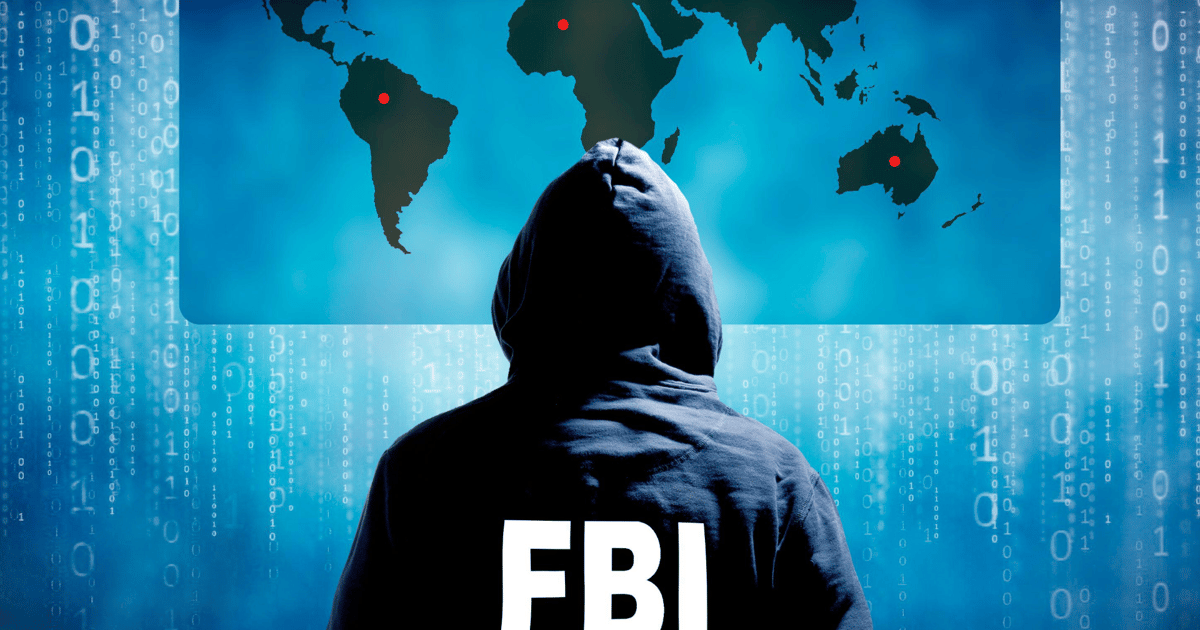
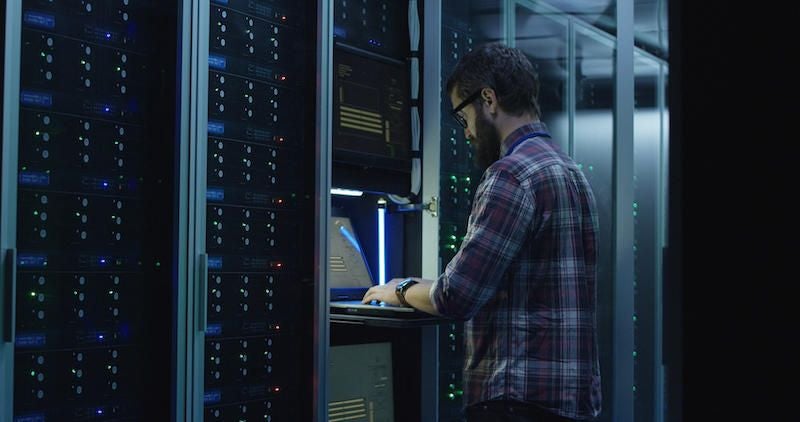



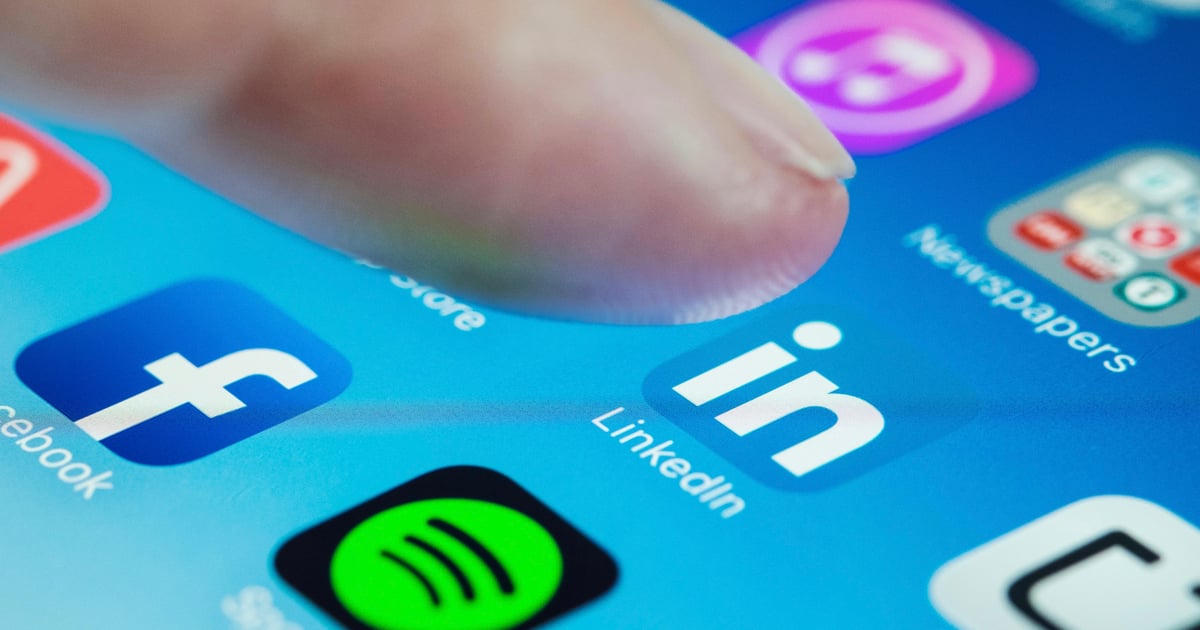

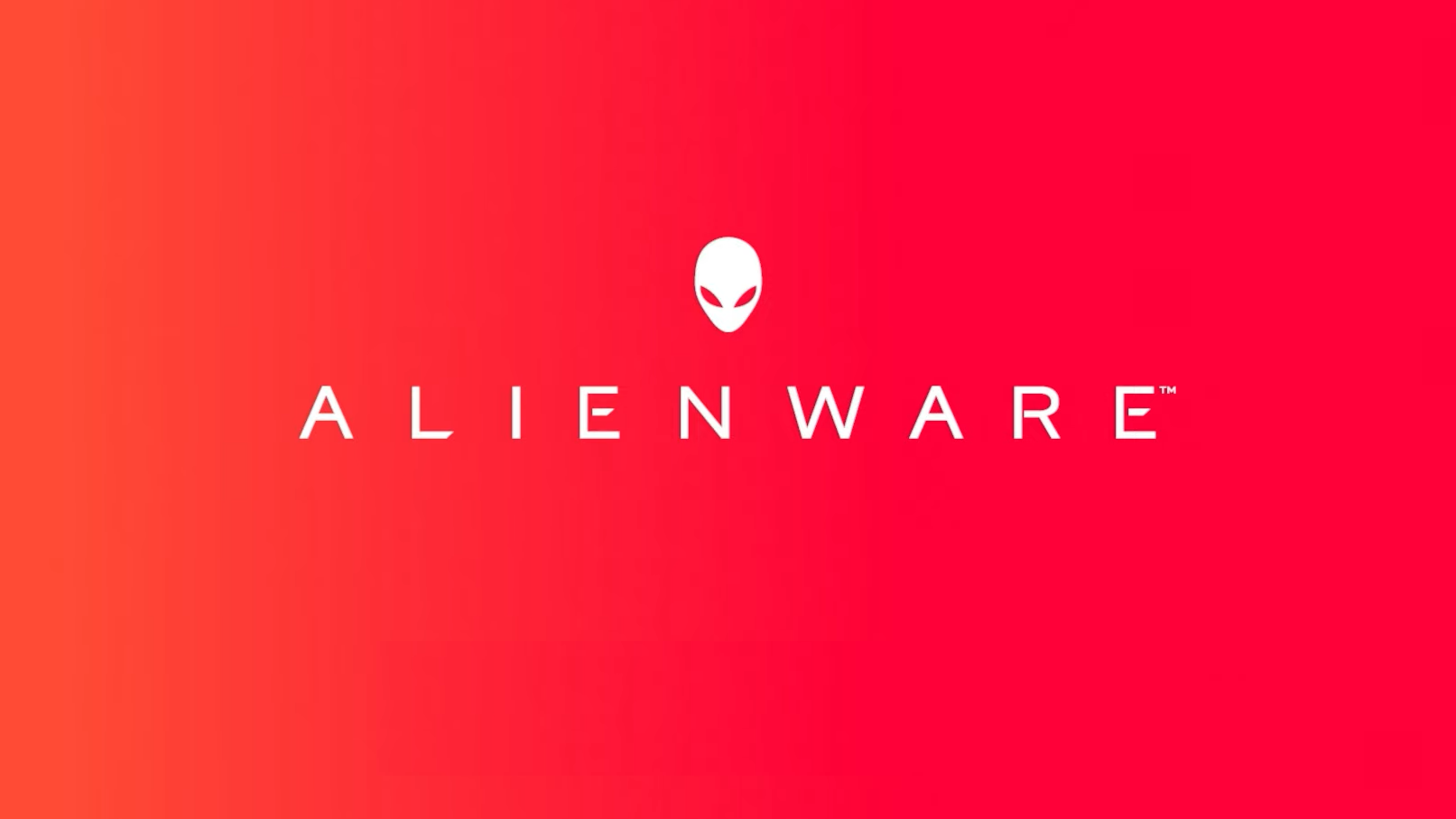







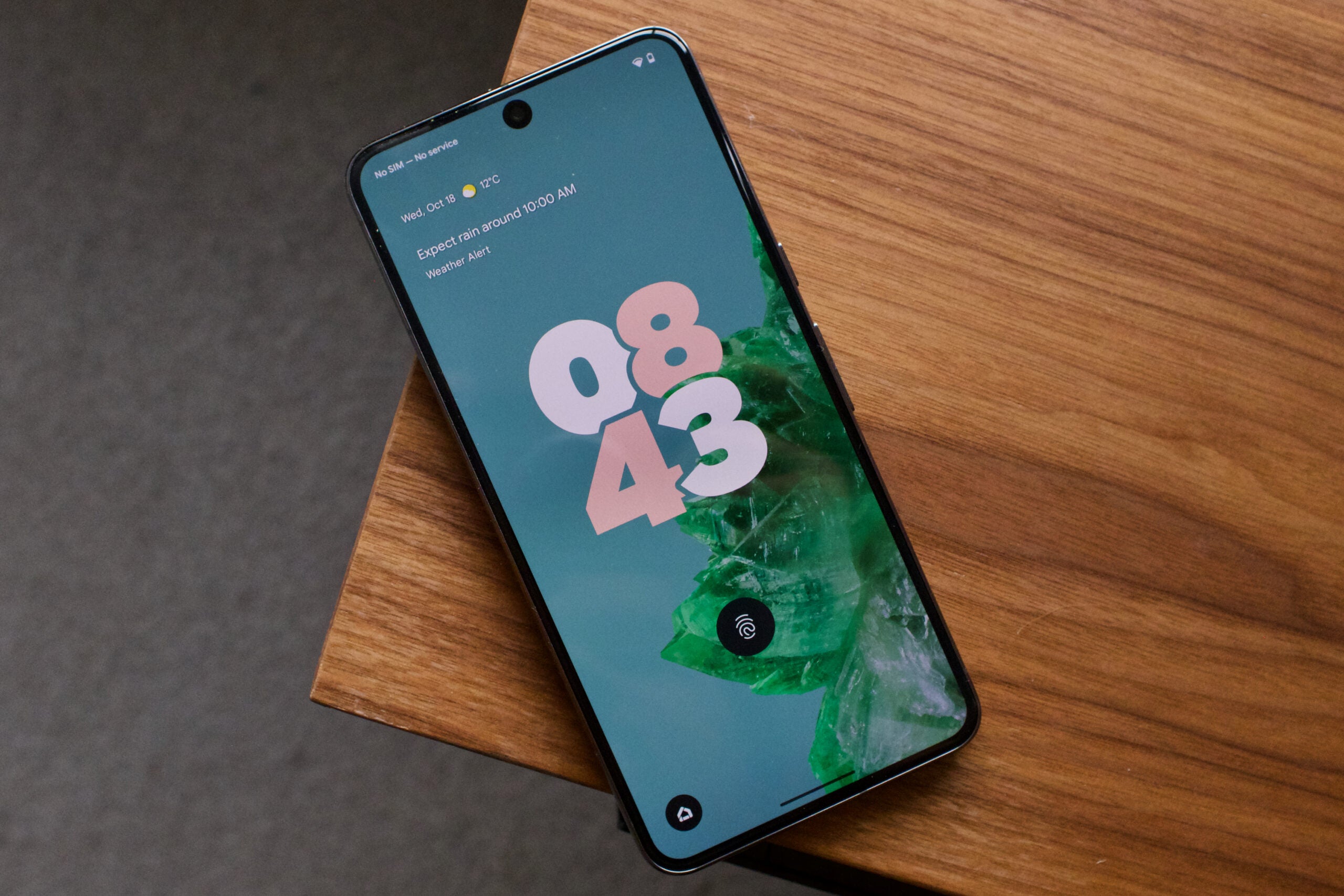

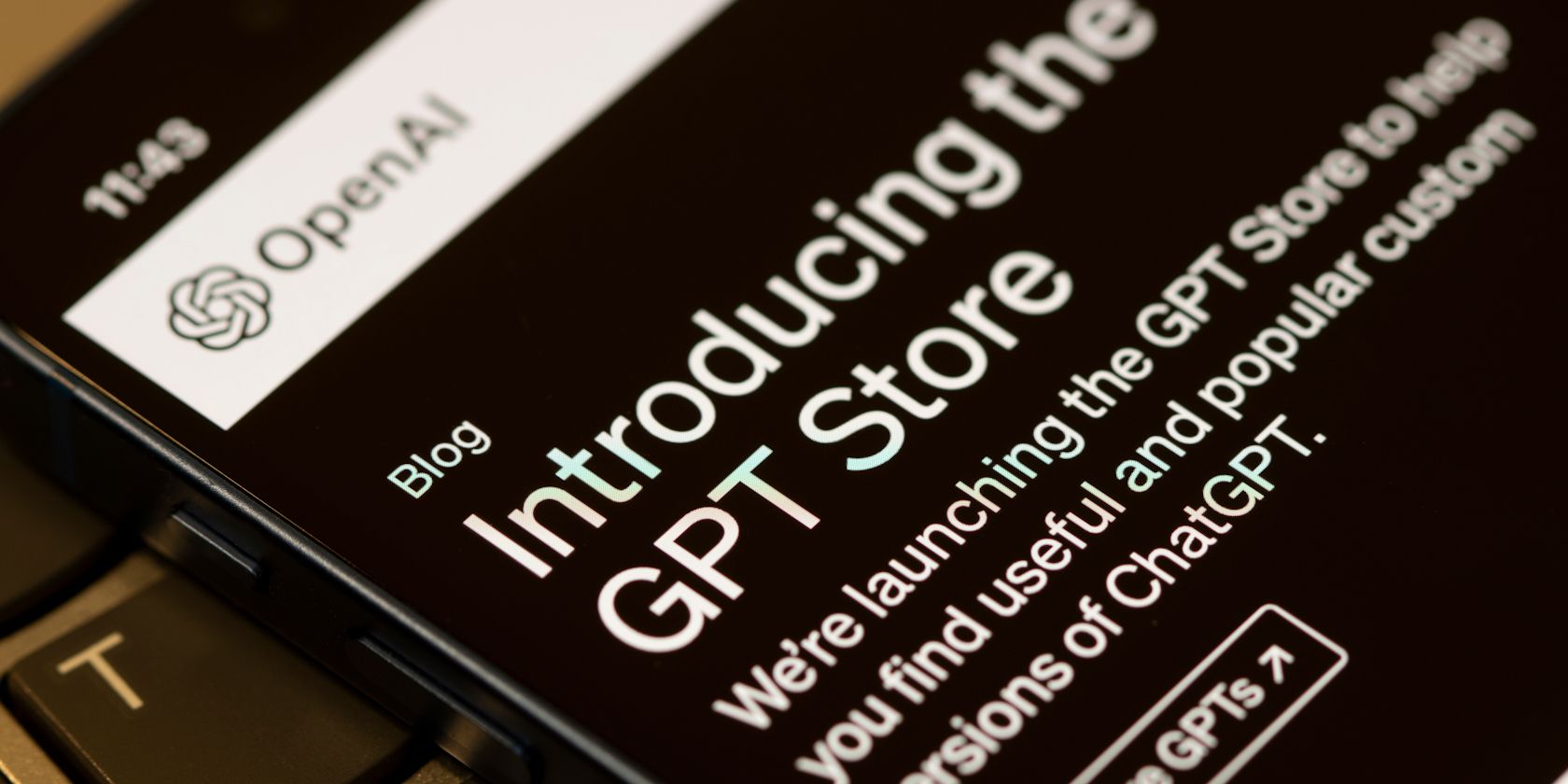

.jpg)
